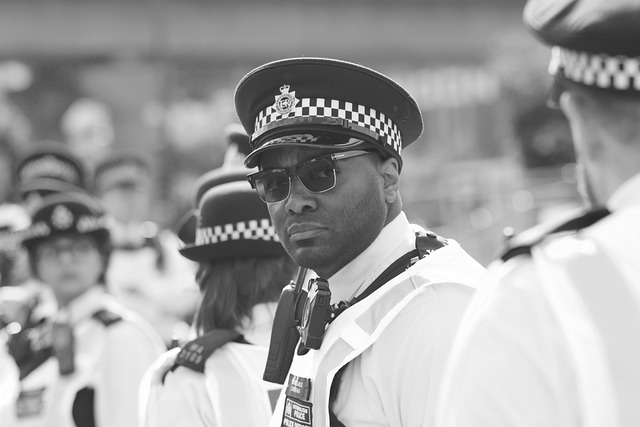Corporate crime investigations, focusing on white-collar offenses, demand specialized legal expertise to navigate complex financial and digital evidence while upholding defendants' rights in criminal cases, including due process and access to counsel. Balancing victim protection and fairness is crucial for achieving just defense verdicts, with jury trials serving as a cornerstone for transparency and safeguarding against corporate power abuses. Effective strategies manage intricate evidence and rights, leading to successful outcomes like winning challenging defense verdicts.
Corporate Crime Investigations delve into complex legal landscapes, where businesses and their executives face criminal scrutiny. This article explores the intricate balance between Defendants’ Rights in Criminal Cases and the pursuit of justice. We examine, from a legal perspective, how investigations navigate fair trials while protecting victims’ interests. By analyzing key considerations, we aim to highlight the delicate equilibrium required to uphold due process and ensure accountability without impeding effective prosecution.
- Understanding Corporate Crime Investigations: A Legal Perspective
- Defendants' Rights: Navigating Criminal Cases Fairly
- The Balance: Protecting Victims and Preserving Due Process
Understanding Corporate Crime Investigations: A Legal Perspective

Corporate crime investigations delve into complex legal territories, requiring a nuanced understanding of both criminal law and corporate governance. When it comes to white-collar offenses, these inquiries often span vast networks of financial transactions, documents, and digital evidence, making them vastly different from their more tangible, street-level counterparts. From a legal perspective, ensuring the protections of defendants’ rights in criminal cases is paramount. This includes the right to due process, access to counsel, and the burden of proof lying on the prosecution.
Navigating these high-stakes cases demands strategic expertise. Lawyers specializing in white-collar defense must be adept at dissecting intricate financial schemes, identifying technical violations, and crafting compelling arguments that can lead to winning challenging defense verdicts. The legal landscape is ever-evolving, with regulations and interpretations shifting, adding layers of complexity to corporate crime investigations. Understanding these dynamics is key to providing robust representation in what are often high-pressure, highly publicised situations.
Defendants' Rights: Navigating Criminal Cases Fairly

In any corporate crime investigation, ensuring defendants’ rights remain protected is paramount to upholding justice and maintaining faith in the legal system. Defendants have a multitude of rights that defend them from potential injustices during criminal cases. These include the right to be informed of the charges, the right to legal counsel, the right to confront witnesses, and the right to a fair and impartial jury trial. Balancing these rights with the need for thorough investigations is a delicate task. However, it’s crucial to remember that defendants must be treated fairly throughout the process to avoid any potential biases or wrongful convictions.
Navigating criminal cases requires careful consideration of these rights to ensure that winning challenging defense verdicts are achieved justly. While avoiding indictment might seem appealing in some instances, it’s important to remember that a fair trial and a thorough examination of evidence should guide the outcome. Jury trials, as a cornerstone of our legal system, offer an opportunity for both sides to present their cases, ensuring transparency and accountability. This process is designed to protect not only the interests of the accused but also to safeguard against potential abuses of power within corporations.
The Balance: Protecting Victims and Preserving Due Process

In any criminal investigation, especially those involving corporate crimes, striking a delicate balance is paramount. Protecting victims’ rights and ensuring their safety is a primary concern while also upholding the due process of law for all defendants is essential. This dual mandate requires meticulous navigation through complex legal frameworks to safeguard both the innocent and the guilty. In cases where corporations are implicated, the focus shifts to balancing the interests of corporate and individual clients alike.
A successful investigation must consider the rights of defendants in criminal cases, ensuring a fair trial and due process. This is particularly challenging in white-collar crime scenarios, often involving intricate financial transactions and complex evidence. However, an unprecedented track record of winning challenging defense verdicts demonstrates the effectiveness of strategies that prioritize both victim protection and defendant rights.
Corporate crime investigations demand a delicate balance between protecting victims and upholding due process. Understanding the legal framework, especially regarding defendants’ rights in criminal cases, is paramount. By navigating these complexities fairly, we ensure that justice is served while preserving the integrity of our judicial system. This holistic approach not only deters future misconduct but also fosters a more equitable and transparent business environment.






